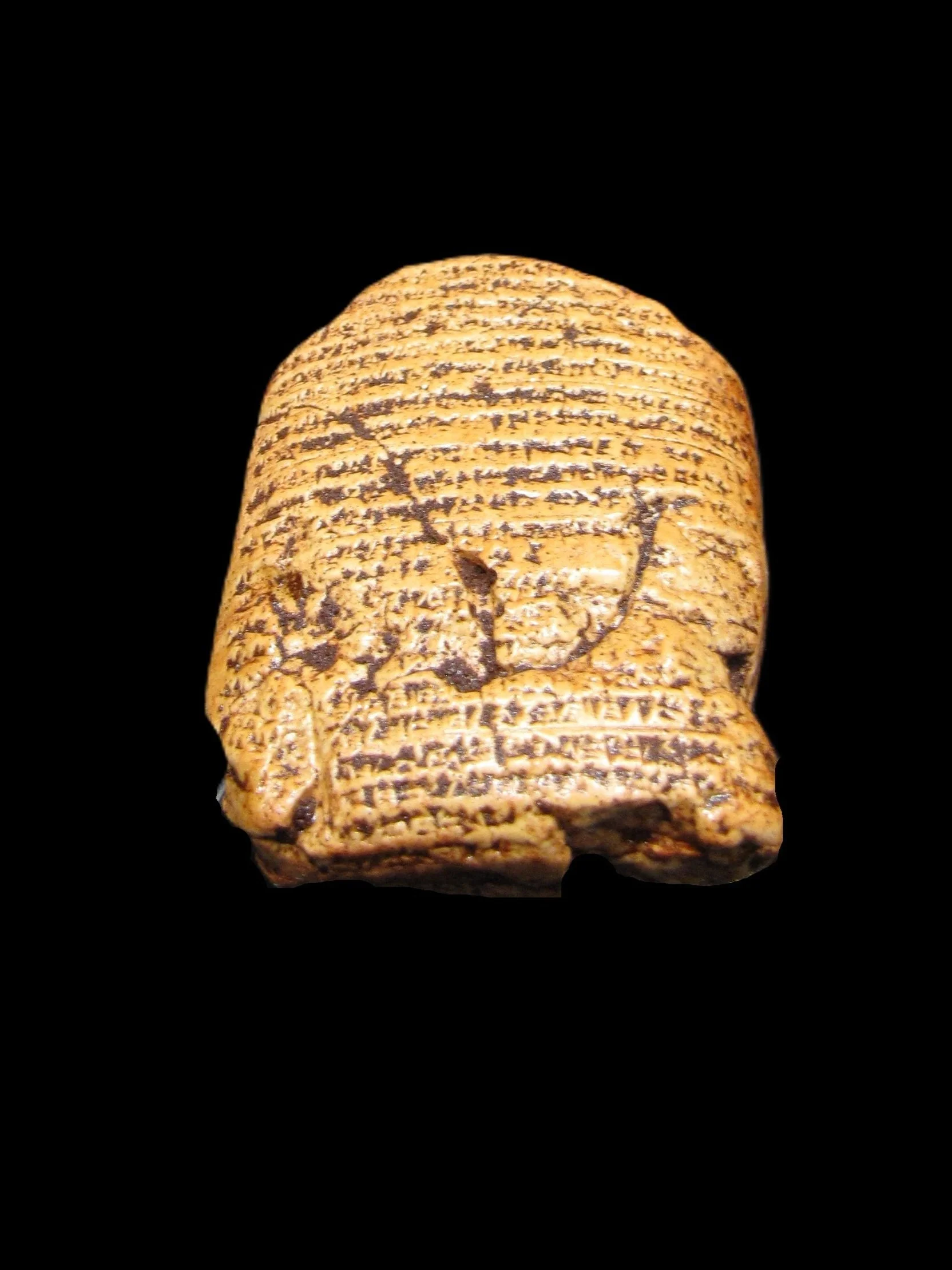Did you know?
Did you know that a tablet was found in Babylon that lists the rations given to king Jehoiachin by the Babylonian king. This is the same Jehoiachin that was taken captive by the Babylonian King Nebuchadnezzar and taken to Babylon. This confirms the Biblical narrative.
Replica of the Babylonian Chronicles a Babylonian baked clay tablet, circa 550-400 BC, found in Babylon (Southern Iraq).
Translated in 1956, it was found to be an historical account of events in Babylon from 605 to 594 BC following the collapse of the Assyrian Empire. The tablet is part of what’s known as the “Babylonian Chronicles,” a series of tablets recording major events in Babylonian history written over a long period by the Babylonian astronomers known as the Chaldeans. Each entry is separated by a horizontal line and begins with a reference to the year of reign of the relevant king.
The text relates three key historical events:
The Battle of Carchemish, Nebuchadnezzar of Babylon defeats Pharoah Necho of Egypt in 605 BC.
The accession to the throne of Nebuchadnezzar II the Chaldean.
The capture of Jerusalem in 598 BC, which compares with Biblical accounts of the same event.
Following the Assyrian defeat, the Egyptians remained the greatest threat to the Babylonian security. In 605 BC the Babylonian crown prince Nebuchadnezzar replaced his father Nabopolassar as commander-in-chief and led the army up the Euphrates to the city of Carchemish where he defeated the Egyptians. Later that year Nabopolassar died and Nebuchadnezzar returned to Babylon to be crowned. Over the next few years he maintained control of Syria, extending into Israel. In 601 BC he marched to Egypt but withdrew on seeing the size of the Egyptian army. After equipping his army, Nebuchadnezzar marched to Syrian in 599 BC. He traveled westwards again in December 598 BC, as Jehoiakim king of Judah had failed to pay tribute. Nebuchadnezzar’s army attacked Jerusalem and captured it on 15th/16th March 597 BC. Jehoiachin, the new king of Judah, was taken prisoner and removed to Babylon. The chronicle ends in 594 BC with a series of expeditions to Syria.
